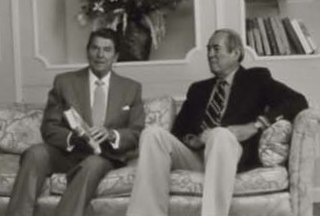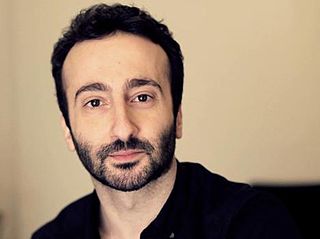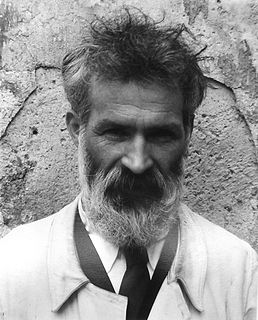A Quote by Gutzon Borglum
Gutzon Borglum, the individual, is nothing. Art, expression, freedom are everything. On this I stand or fall.
Quote Topics
Related Quotes
Freemasonry must stand upon the Rock of Truth, religion, political, social, and economic. Nothing is so worthy of its care as freedom in all its aspects. "Free" is the most vital part of Freemasonry. It means freedom of thought and expression, freedom of spiritual and religious ideals, freedom from oppression, freedom from ignorance, superstition, vice and bigotry, freedom to acquire and possess property, to go and come at pleasure, and to rise or fall according to will of ability.
Freedom is necessary for two reasons. It's necessary for the individual, because the individual, no matter how good the society is, every individual has hopes, fears, ambitions, creative urges, that transcend the purposes of his society. Therefore we have a long history of freedom, where people try to extricate themselves from tyranny for the sake of art, for the sake of science, for the sake of religion, for the sake of the conscience of the individual - this freedom is necessary for the individual.
We are resolved to protect individual freedom of belief. This freedom must include the child as well as the parent. The freedom for which we stand is not freedom of belief as we please,... not freedom to evade responsibility, ...but freedom to be honest in speech and action, freedom to respect one's own integrity of thought and feeling, freedom to question, to investigate, to try, to understand life and the universe in which life abounds, freedom to search anywhere and everywhere to find the meaning of Being, freedom to experiment with new ways of living that seem better than the old.
All manners of freedom, including freedom of expression, freedom of conscious, freedom of thought...it accepts tolerance. But it is not an atheist society. Religion is the private affair of an individual...be present in the public domain, but state has to be clearly separated from religion. When I'm speaking, I'm speaking only for myself. At the same time, I know that these ideas have wide support among the Iranian population.
But art not only exploits the variety of appearances, it also affirms the validity of individual outlook and thereby admits a further dimension of variety. Since the shapes of art do not primarily bear witness to the objective nature of the things for which they stand, they can reflect individual interpretation and invention.
What I like about mixing fiction and non-fiction is being able to fully explore an idea without being bound by genre. If you scratch under any surface there are histories for everything, aren't there? And there's unknown women's history in everything, too. It all gets simplified because its complexity is more than you can stand sometimes. So you need full freedom of expression.
The insistence on truthfulness does not disturb the freedom of the individual. The social obligation implied in Satyagraha turns the freedom of the individual into moral freedom. An atheist is free to say or to do what he likes, provided he does what he says and says what he does. So, in the context of social relations, the freedom of the individual is moral freedom.







































